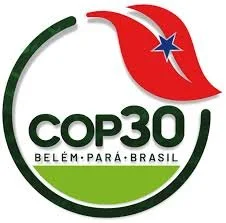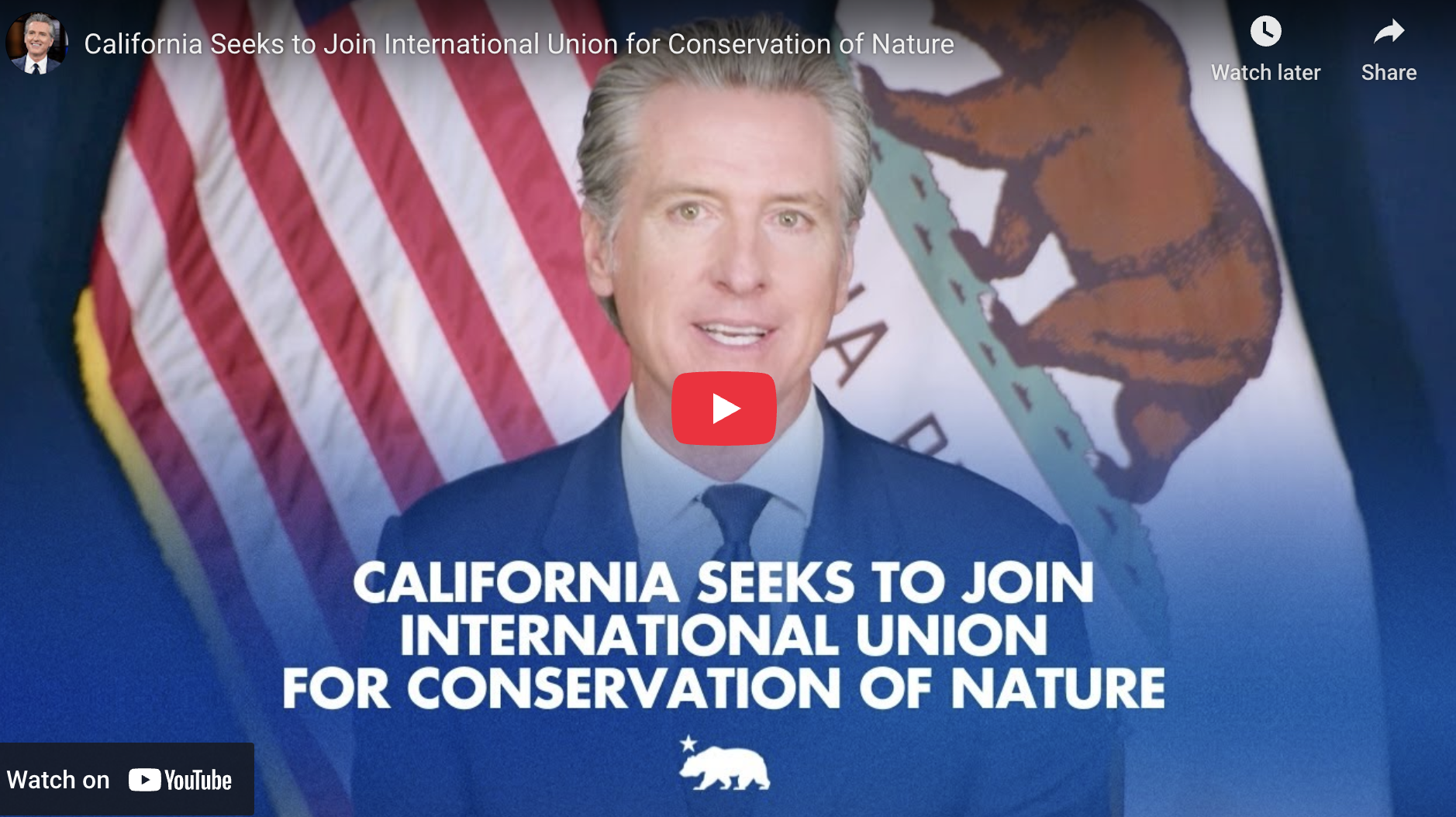Resources
-
Learn more about who we are, how we are advancing global biodiversity goals, and opportunities to become involved with this shareable information sheet.
-
In 2022, over 50 Californians attended the CBD COP16 negotiations in Montreal, Canada where the KMGBF was adopted. The four goals, 23 targets and other guidance that comprises the KMGBF form the basis for a whole-of-government and whole-of-society approach to protecting and restoring biodiversity and make the case for healthy biodiversity as foundational for addressing climate change as well as social and environmental justice. Read about the 23 Targets and review the full KMGBF.
-
The process for a nongovernmental or government organization to become an official observer to the CBD is simple and straightforward. By becoming an observer, your organization will receive direct communications about opportunities to engage from the CBD Secretariat, and you will be able to attend CBD meetings and negotiations. The observer process is linked to submitting a letter of intention and proposed delegation to the CBD for an upcoming meeting and CalGBA can assist you with questions and provide you with a sample letter. Read more about this on the CBD website.
-
Interested in learning what’s coming up with the CBD? Check the schedule for regular updates on meetings and COPs. The CBD also releases regular notifications about opportunities to participate and contribute to discussions and requests for expert inputs and exchanges. Review notifications.
-
Global assessments – inclusive of an extensive background report and a Summary for Policymakers for each assessment – on critical biodiversity topics are negotiated and released regularly by the Intergovernmental Science-Policy Platform on Biodiversity and Ecosystem Services (IPBES). IPBES is convened by the UN Environment Programme (UNEP) and 149 countries meet annually to negotiate report topics, progress and policymaker summaries. Recent assessments covered pathways to transformative change and decision making at the nexus of biodiversity, health, water, food and climate. These assessments are important background for the CBD’s work. Nongovernmental organizations and subnational governments may also become IPBES observers and attend negotiations. Learn more about IPBES and review past reports.
-
The CBD provides guidance on forming Subnational and Local Biodiversity Strategies and Action Plans (SBSAPs and LBSAPs) that are useful for connecting local and statewide biodiversity integration with global goals. Learn more and download guidance.
Press Coverage








